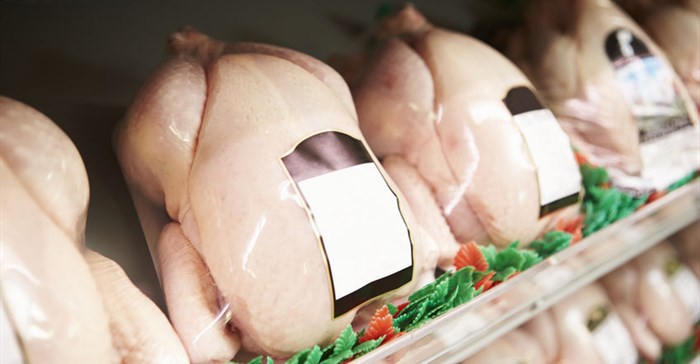The poultry industry has seen it's fair share of ups and downs the past year including contention regarding the African Growth and Opportunity Act (AGOA) and now the new brining regulations that will come with its own set problems. We spoke to Kevin Lovell, CEO of the South African Poultry Association which represent the interests of large and small-scale poultry producers, about the state of commerce in the poultry industry.

Kevin Lovell
What are the biggest factors influencing the poultry industry currently?
Kevin Lovell: The drought, imports and a struggling economy which leads to weaker consumer demand.
What are the biggest challenges the poultry industry is facing at moment?
Lovell: The recently published brining regulations could lead to a major downsizing of the industry and these will be contested in the near future. Our inability to slow the volumes of imports are a continuing challenge.
How has the poultry industry changed since the AGOA issue?
Lovell: There was a change before the AGOA deal was finalised as it was easier to find common purpose. It is too soon to see the impact of the AGOA import volumes on local businesses.
Have consumer attitudes/perceptions changed toward chicken consumption after doubt was placed on the safety of imported poultry products?
Lovell: From social media posts there is more of an awareness of food safety although this has sometimes conflated local and imported poultry in the same breath. Food safety is a moving target and our standards are higher than those of the USA. That does not mean that the US product is unsafe, only that it has a greater chance of being unsafe when compared to our production.
How has the food price inflation affected the industry?
Lovell: Using 2008 as a base year poultry meat and egg price inflation has not kept pace with general food price inflation (eggs have briefly joined the general food price inflation curve for the end of last year). We have been unable to recover the input cost increases arising from the drought. Over the two drought seasons, these are about R 4,6 billion for both meat and egg farmers.
What is the state of the poultry industry and can you give us a glimpse of the industry’s future?
Lovell: We are in a phase of slow growth at present, although there is space in the local stomachs for about 50% more meat and at least double the number of eggs that we currently consume. The wallets are emptier than the stomachs at present.
We are also working on an export drive and this is a slow process which might take a few years before some key markets are opened to us. As eggs do not travel that well, much of the export activity will be with meat. We are in a similar space to the textile industry - there is strong demand for our products but without more effective state intervention we might also be lost to the economy if the current trajectory of the industry continues.
Kevin has been with SAPA for almost ten years. Prior to joining SAPA he served in various executive positions for the Royal Bafokeng Nation. He has also been the managing director of the Southern African subsidiary of a multinational dairy equipment company and has also worked as a sales and technical manager for various other agricultural companies. He has over 30 years of agribusiness experience throughout the eastern seaboard of Africa, from Ethiopia to South Africa.






































